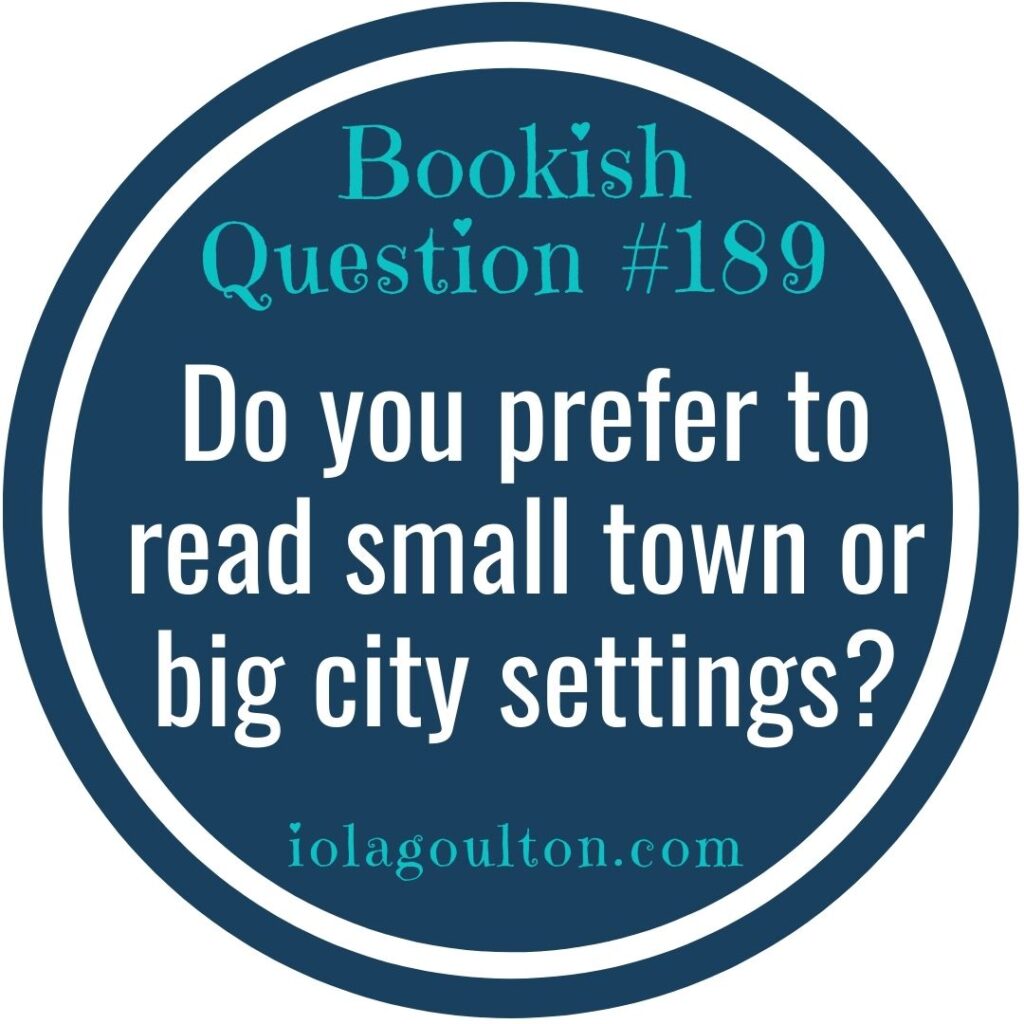(And is that related to where you live or have lived?)
I spent most of my school years living in small towns. The first had a population of around 5,000 people. I knew everyone at my small primary school. There were only two classrooms when I started, so I knew or knew of all the families in the area with school-aged children.
I enjoyed living in that small town, but there were disadvantages. The high school wasn’t great, so it was probably good that we moved before I reached high school age. Our next home was in an even smaller town, population around 1,500. There was one primary school, and we were all bussed to the next two (population around 10,000) for high school.
I’ve also lived in cities. I lived in Auckland, New Zealand’s biggest city, for nine years. I lived in London, England, for ten years. Living in a big city has advantages—more facilities, better jobs— but it also has disadvantages—more traffic, more crime, more expensive.
I’ve also lived (and am still living) in a mid-sized city (population around 100,000). Well, that’s big for new Zealand, but mid-sized for the rest of the world.
I’ve lived in tiny towns and big cities. There are advantages and disadvantages to both.
And it’s the same with books. I enjoy small-town series where the characters are linked, and there are common characters across all the stories. I’ve enjoyed stories where the setting is almost another character. But small-town stories can get a little predictable, because there are usually only a limited number of occupations that make sense in a small town.
Big city settings open up a lot more opportunities in terms of careers and therefore characters and plots. I also like novels where the characters have unique careers, and these are usually set in big cities (e.g. Elizabeth Camden and Washington, DC, and Roseanna M White and London). Their characters have ranged from librarians to spies, but all needed the city setting.
I don’t mind whether a novel has a big city or a small town setting.

